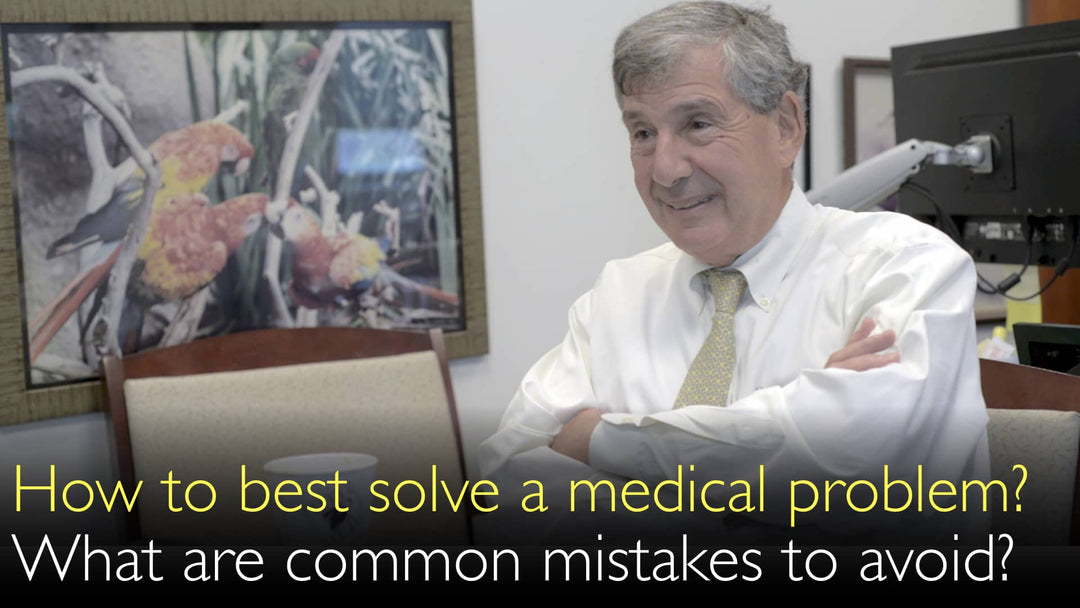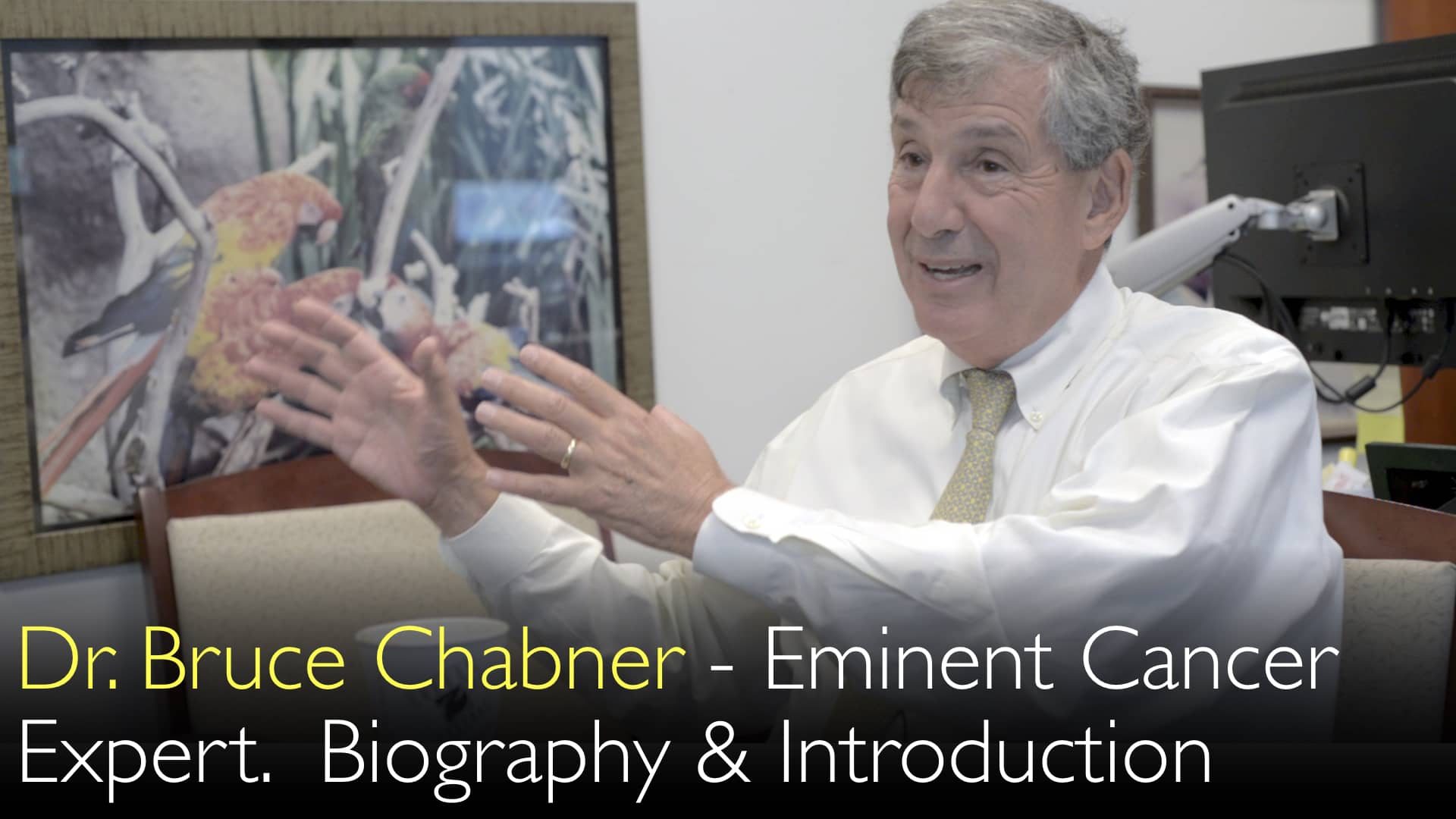종양학 분야의 선도적 전문가인 Bruce Chabner 박사(MD)는 암과 같은 중증 또는 생명을 위협하는 질환에 대해 전문적인 의료적 세컨드 오피니언(second opinion)을 구하는 것이 매우 중요하다고 강조합니다. 이 적극적인 접근은 최적의 치료 옵션과 연구 중인 대안을 확인하는 데 필수적이며, 어떤 의사도 환자가 추가 상담을 받는 것을 막아서는 안 된다고 덧붙입니다.
중대한 진단을 받았을 때: 전문 의학적 의견이 꼭 필요한 이유
목차 바로가기
피해야 할 중대한 실수
중대한 진단을 받은 후 가장 흔히 저지르며 심각한 결과를 초래할 수 있는 실수는 전문 의학적 의견(전문의 소견)을 구하지 않는 것입니다. Bruce Chabner 박사(MD)에 따르면, 일반적인 질환은 전문의가 필요하지 않을 수 있지만 생명을 위협하는 질환에는 다른 접근이 필요합니다. 특정 복잡 질환에 대한 깊은 경험을 가진 의사와 상담하지 않으면 치료 옵션과 결과가 처음부터 제한될 수 있습니다.
전문의 의견을 구해야 할 때
Bruce Chabner 박사(MD)는 암이나 진행성 심장병처럼 잠재적으로 치명적인 질환의 경우 전문의 상담이 중요하다고 설명합니다. 그 차이는 질환의 복잡성과 중증도에 있습니다. 중대한 진단을 받은 환자는 열린 마음으로 유사 사례를 많이 치료해본 전문의를 찾기 위한 특별한 노력을 기울일 준비가 되어 있어야 합니다. 이러한 경험은 매우 귀중하기 때문입니다.
주치의에게 어떻게 접근할 것인가
주치의와 제2의 의견(전문의 소견) 필요성에 대해 논의하는 것은 당연히 허용되며 종종 필요합니다. Bruce Chabner 박사(MD)는 어떤 의사도 이 요청에 기분을 상해서는 안 되며, 오히려 좋은 의사는 아무도 모든 것을 알지 못한다는 점을 이해할 것이라고 강조합니다. 그는 환자들이 직접적으로, 이 질환이 매우 안 좋은 결과를 초래할 수 있다는 두려움과 유사 사례를 많이 본 전문의와 상담하고 싶다는 바람을 표현하도록 조언합니다.
전문 지식의 역할
전문의의 가치는 집중된 경험에 있습니다. 특정 질환에 집중하는 의학 전문가는 일반의가 접하지 못하는 미묘한 차이, 희귀 아형, 복잡한 치료 시나리오를 마주합니다. Bruce Chabner 박사(MD)가 설명한 것처럼, 이러한 깊이 있는 지식은 더 정확한 예후 판단과 개별 환자에게 맞춤화된 높은 품질의 치료 계획 수립으로 직접 이어집니다.
연구 및 대체 치료 접근
전문의는 종종 임상 시험을 포함한 의학 연구의 최전선에 있습니다. Chabner 박사는 전문의를 찾아야 하는 핵심 이유 중 하나가 표준 치료에 대한 대안을 알아보기 위함이라고 지적합니다. 이러한 전문가들은 일반적으로 주요 학술 센터와 연계되어 있으며, 더 나은 결과나 더 적은 부작용을 제공할 수 있는 최신 혁신 치료 및 실험적 프로토콜에 직접 접근할 수 있습니다.
정보를 통한 환자 역량 강화
Anton Titov 박사(MD)와 Bruce Chabner 박사(MD)는 현대 환자들이 점점 더 적극적으로 정보를 찾고 있다고 강조합니다. 목표는 이러한 주도성을 올바르고 신뢰할 수 있는 정보를 찾는 방향으로 이끄는 것입니다. 공식적인 전문가 제2의견(전문의 소견)은 이를 달성하는 가장 검증된 방법으로, 선택된 치료 경로가 가능한 최고 수준의 의학 전문 지식을 바탕으로 하여 궁극적으로 최상의 잠재적 결과로 이어지도록 보장합니다.
전체 전문
Anton Titov 박사(MD): 저명한 암 전문가가 암을 포함한 모든 중대한 질환의 치료를 결정할 때 환자들이 종종 저지르는 실수에 대해 설명합니다. 오늘 우리는 암 치료의 중요한 주제에 집중했습니다.
한 걸음 물러서 가족 내 새로운 의학적 문제를 가진 환자에 대해 생각해 봅시다. 그것은 암일 수도 있지만, 가족 내 모든 의학적 문제일 수 있습니다. 귀하는 의학 분야에서 방대한 경험을 가지고 계십니다. 수만 명의 환자를 보셨습니다.
가족 내 새로운 의학적 문제에 최선의 잠재적 치료 결과를 달성하기 위해 최선의 방법으로 어떻게 접근해야 합니까?
Bruce Chabner 박사(MD): 이것은 가장 흔히 저지르는 실수입니다. 바로 전문 의학적 의견(전문의 소견)을 구하지 않는 것입니다. 많은 경우, 의학 전문가(전문의)가 필요하지 않습니다. 인후통을 치료하는 데 전문가가 필요하지 않습니다. 비교적 단순한 질환을 가진 환자를 치료하는 데 의학 전문가(전문의)가 필요하지 않습니다.
그러나 때로는 잠재적으로 치명적일 수 있는 질환 과정을 겪을 수 있습니다. 암이나 심장병일 수 있습니다. 그럴 때는 의학 전문가의 의견(전문의 소견)이 필요합니다. 의학 전문가(전문의)를 찾아가는 것에 대해 열린 마음을 가져야 합니다. 질문을 해야 합니다. 의학 전문가의 의견(전문의 소견)을 구해야 합니다. 여기에는 특별한 노력이 필요할 수 있습니다.
제 생각에 또 다른 중요한 점은 이것입니다. 어떤 의사도 환자가 다른 의학적 제2의 의견(전문의 소견)을 구하고자 하는 생각에 기분을 상해서는 안 됩니다. 따라서 의사로 인해 추가적인 의학 전문가 의견(전문의 소견)을 구하는 데 낙담해서는 안 됩니다. 이는 특히 생명을 위협하는 문제에서 사실입니다. 그런 종류의 정보가 필요합니다.
의사들은 열린 마음을 가져야 합니다. 아무도 모든 것을 알지 못합니다. 그래요, 주치의에게 이렇게 말하는 것은 완전히 허용됩니다: 저는 이 질환이 저 자신이나 제 가족에게 매우 나쁘게 전개될까 봐 두렵습니다. 이런 질환을 많이 본 의학 전문가(전문의)의 의견을 얻고 싶습니다.
어떤 연구가 진행되고 있는지 아는 의학 전문가(전문의)와 상담하고 싶습니다. 표준 치료에 대한 대안을 가능하게 제공할 수 있는 전문의(전문의사)와 상담하고 싶습니다. 이것을 아는 것은 매우 중요합니다.
Anton Titov 박사(MD): 왜냐하면 환자들은 더 적극적으로 변하고 정보를 찾기 때문입니다. 환자들이 이상적으로 온라인에서 암을 어떻게 치료하는지에 대한 올바른 정보를 찾기를 바랍니다.






